[Anchor]
Ahead of the US-Japan summit, Japanese Prime Minister Ishiba Shigeru has arrived in the United States.
On the other hand, South Korea, under the acting presidential authority of the Deputy Prime Minister, has not yet finalized a schedule for a phone call with President Trump.
Concerns are being raised that there will inevitably be setbacks in responding to the Trump administration's second term.
Reporter Shin Ji-hye has the details.
[Report]
Japanese Prime Minister Ishiba, who has arrived in the United States, will meet with President Trump on February 7, local time.
He is expected to emphasize Japan's investment in the U.S. and respond to tariff pressures and demands for increased defense spending.
South Korea, under the acting presidential authority of the Deputy Prime Minister, is in a different situation.
The government requested a phone call with Acting Prime Minister Choi Sang-mok to President Trump last month, but has not yet received a response.
It has been three weeks since the start of Trump's second term.
This is a delay compared to the precedent in 2017 when Acting Prime Minister Hwang Kyo-ahn spoke with Trump just ten days after the start of his first term.
Our National Security Office Chief Shin Won-sik spoke with the U.S. National Security Advisor Michael Waltz the day before yesterday (Feb.5) and agreed to meet soon, but the schedule for visiting the U.S. is still under discussion.
High-level communication is an important means to adjust the interests of both countries.
In particular, President Trump has a tendency to lead policy changes and decision-making himself, so countries have been making efforts to contact him proactively.
South Korea's presidential office official stated, "The situation is fluid, but considering the importance of the Korea-U.S. alliance, both countries are pursuing various contacts," and emphasized that they will continue to communicate with the U.S. side.
However, due to the impeachment situation, the government is finding it difficult to establish a long-term strategy, raising concerns that even if they meet with the U.S. officials, in-depth discussions may be challenging.
The government is holding regular joint meetings among ministries and is attempting to communicate through various channels, including businesspeople who can contact the Trump administration.
Amid concerns over diplomatic setbacks, Acting Prime Minister Choi today (Feb.7) visited the Joint Chiefs of Staff for the first time and emphasized the need to be prepared to respond immediately to any provocations from North Korea.
KBS News, Shin Ji-hye.
Ahead of the US-Japan summit, Japanese Prime Minister Ishiba Shigeru has arrived in the United States.
On the other hand, South Korea, under the acting presidential authority of the Deputy Prime Minister, has not yet finalized a schedule for a phone call with President Trump.
Concerns are being raised that there will inevitably be setbacks in responding to the Trump administration's second term.
Reporter Shin Ji-hye has the details.
[Report]
Japanese Prime Minister Ishiba, who has arrived in the United States, will meet with President Trump on February 7, local time.
He is expected to emphasize Japan's investment in the U.S. and respond to tariff pressures and demands for increased defense spending.
South Korea, under the acting presidential authority of the Deputy Prime Minister, is in a different situation.
The government requested a phone call with Acting Prime Minister Choi Sang-mok to President Trump last month, but has not yet received a response.
It has been three weeks since the start of Trump's second term.
This is a delay compared to the precedent in 2017 when Acting Prime Minister Hwang Kyo-ahn spoke with Trump just ten days after the start of his first term.
Our National Security Office Chief Shin Won-sik spoke with the U.S. National Security Advisor Michael Waltz the day before yesterday (Feb.5) and agreed to meet soon, but the schedule for visiting the U.S. is still under discussion.
High-level communication is an important means to adjust the interests of both countries.
In particular, President Trump has a tendency to lead policy changes and decision-making himself, so countries have been making efforts to contact him proactively.
South Korea's presidential office official stated, "The situation is fluid, but considering the importance of the Korea-U.S. alliance, both countries are pursuing various contacts," and emphasized that they will continue to communicate with the U.S. side.
However, due to the impeachment situation, the government is finding it difficult to establish a long-term strategy, raising concerns that even if they meet with the U.S. officials, in-depth discussions may be challenging.
The government is holding regular joint meetings among ministries and is attempting to communicate through various channels, including businesspeople who can contact the Trump administration.
Amid concerns over diplomatic setbacks, Acting Prime Minister Choi today (Feb.7) visited the Joint Chiefs of Staff for the first time and emphasized the need to be prepared to respond immediately to any provocations from North Korea.
KBS News, Shin Ji-hye.
■ 제보하기
▷ 카카오톡 : 'KBS제보' 검색, 채널 추가
▷ 전화 : 02-781-1234, 4444
▷ 이메일 : kbs1234@kbs.co.kr
▷ 유튜브, 네이버, 카카오에서도 KBS뉴스를 구독해주세요!
- US-Japan summit, Korea missing
-
- 입력 2025-02-07 23:50:51
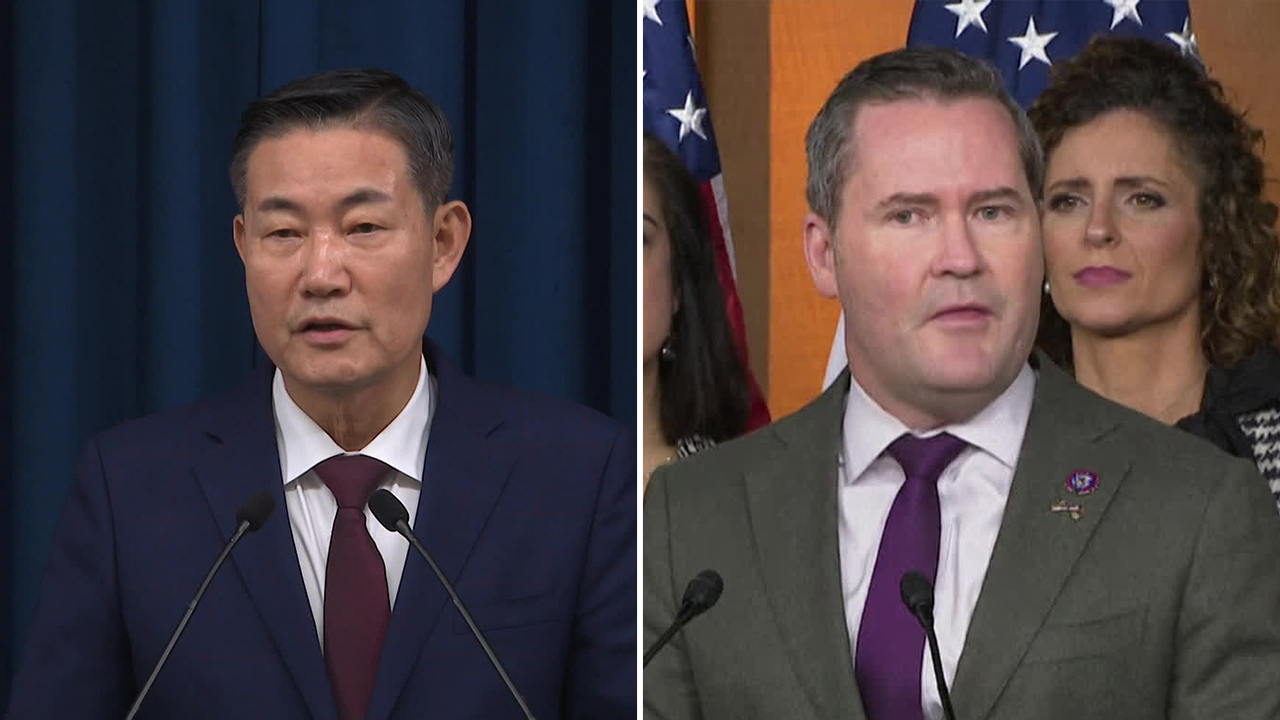
[Anchor]
Ahead of the US-Japan summit, Japanese Prime Minister Ishiba Shigeru has arrived in the United States.
On the other hand, South Korea, under the acting presidential authority of the Deputy Prime Minister, has not yet finalized a schedule for a phone call with President Trump.
Concerns are being raised that there will inevitably be setbacks in responding to the Trump administration's second term.
Reporter Shin Ji-hye has the details.
[Report]
Japanese Prime Minister Ishiba, who has arrived in the United States, will meet with President Trump on February 7, local time.
He is expected to emphasize Japan's investment in the U.S. and respond to tariff pressures and demands for increased defense spending.
South Korea, under the acting presidential authority of the Deputy Prime Minister, is in a different situation.
The government requested a phone call with Acting Prime Minister Choi Sang-mok to President Trump last month, but has not yet received a response.
It has been three weeks since the start of Trump's second term.
This is a delay compared to the precedent in 2017 when Acting Prime Minister Hwang Kyo-ahn spoke with Trump just ten days after the start of his first term.
Our National Security Office Chief Shin Won-sik spoke with the U.S. National Security Advisor Michael Waltz the day before yesterday (Feb.5) and agreed to meet soon, but the schedule for visiting the U.S. is still under discussion.
High-level communication is an important means to adjust the interests of both countries.
In particular, President Trump has a tendency to lead policy changes and decision-making himself, so countries have been making efforts to contact him proactively.
South Korea's presidential office official stated, "The situation is fluid, but considering the importance of the Korea-U.S. alliance, both countries are pursuing various contacts," and emphasized that they will continue to communicate with the U.S. side.
However, due to the impeachment situation, the government is finding it difficult to establish a long-term strategy, raising concerns that even if they meet with the U.S. officials, in-depth discussions may be challenging.
The government is holding regular joint meetings among ministries and is attempting to communicate through various channels, including businesspeople who can contact the Trump administration.
Amid concerns over diplomatic setbacks, Acting Prime Minister Choi today (Feb.7) visited the Joint Chiefs of Staff for the first time and emphasized the need to be prepared to respond immediately to any provocations from North Korea.
KBS News, Shin Ji-hye.
Ahead of the US-Japan summit, Japanese Prime Minister Ishiba Shigeru has arrived in the United States.
On the other hand, South Korea, under the acting presidential authority of the Deputy Prime Minister, has not yet finalized a schedule for a phone call with President Trump.
Concerns are being raised that there will inevitably be setbacks in responding to the Trump administration's second term.
Reporter Shin Ji-hye has the details.
[Report]
Japanese Prime Minister Ishiba, who has arrived in the United States, will meet with President Trump on February 7, local time.
He is expected to emphasize Japan's investment in the U.S. and respond to tariff pressures and demands for increased defense spending.
South Korea, under the acting presidential authority of the Deputy Prime Minister, is in a different situation.
The government requested a phone call with Acting Prime Minister Choi Sang-mok to President Trump last month, but has not yet received a response.
It has been three weeks since the start of Trump's second term.
This is a delay compared to the precedent in 2017 when Acting Prime Minister Hwang Kyo-ahn spoke with Trump just ten days after the start of his first term.
Our National Security Office Chief Shin Won-sik spoke with the U.S. National Security Advisor Michael Waltz the day before yesterday (Feb.5) and agreed to meet soon, but the schedule for visiting the U.S. is still under discussion.
High-level communication is an important means to adjust the interests of both countries.
In particular, President Trump has a tendency to lead policy changes and decision-making himself, so countries have been making efforts to contact him proactively.
South Korea's presidential office official stated, "The situation is fluid, but considering the importance of the Korea-U.S. alliance, both countries are pursuing various contacts," and emphasized that they will continue to communicate with the U.S. side.
However, due to the impeachment situation, the government is finding it difficult to establish a long-term strategy, raising concerns that even if they meet with the U.S. officials, in-depth discussions may be challenging.
The government is holding regular joint meetings among ministries and is attempting to communicate through various channels, including businesspeople who can contact the Trump administration.
Amid concerns over diplomatic setbacks, Acting Prime Minister Choi today (Feb.7) visited the Joint Chiefs of Staff for the first time and emphasized the need to be prepared to respond immediately to any provocations from North Korea.
KBS News, Shin Ji-hye.
-
-
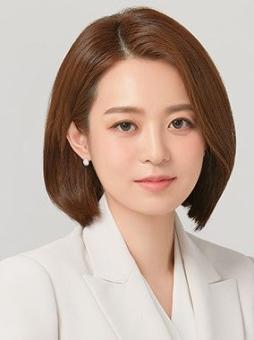
신지혜 기자 new@kbs.co.kr
신지혜 기자의 기사 모음
-
이 기사가 좋으셨다면
-
좋아요
0
-
응원해요
0
-
후속 원해요
0










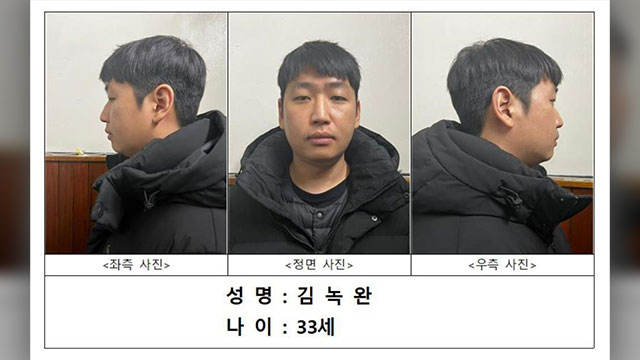
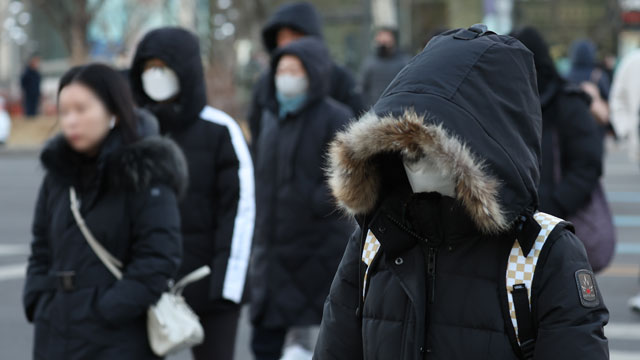
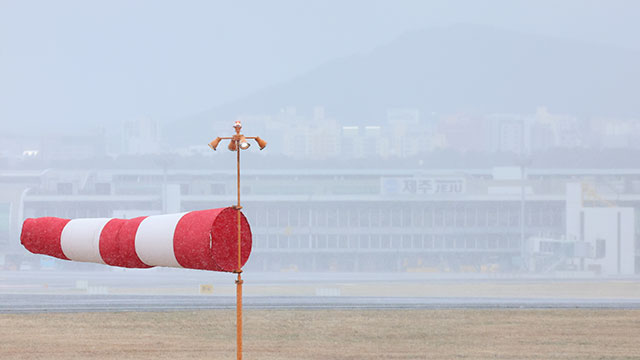
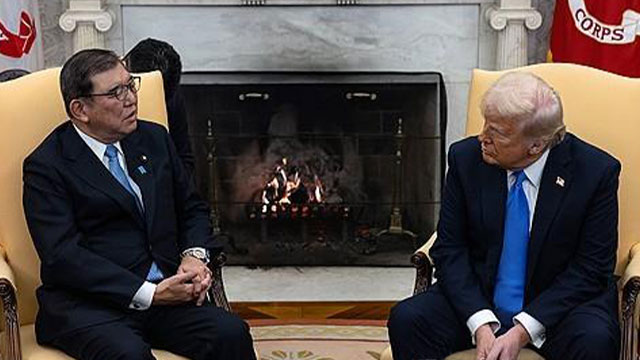

이 기사에 대한 의견을 남겨주세요.